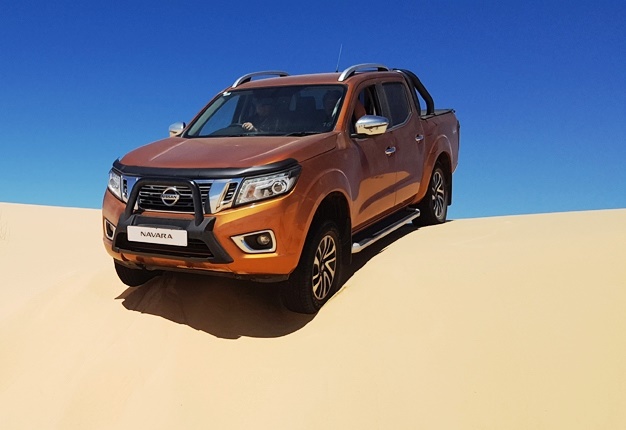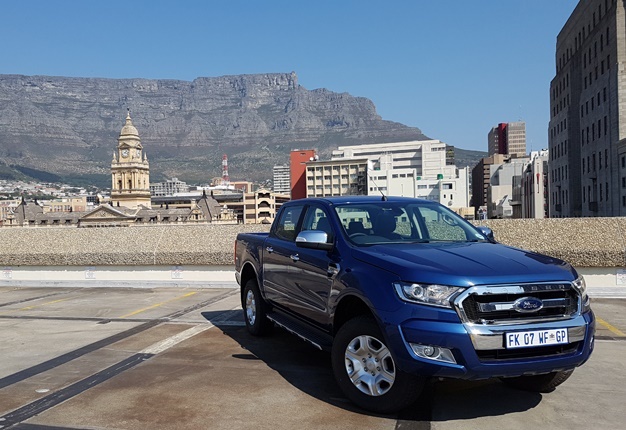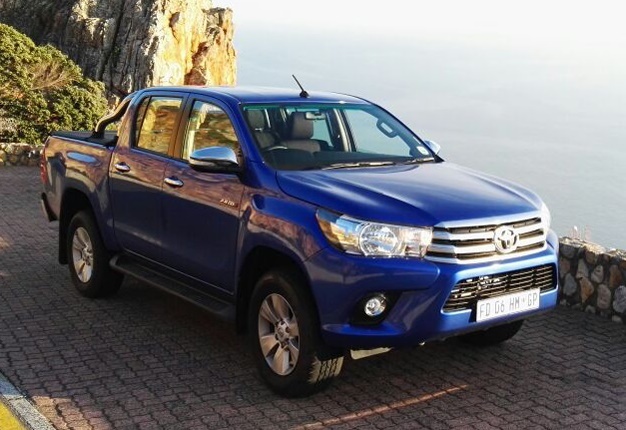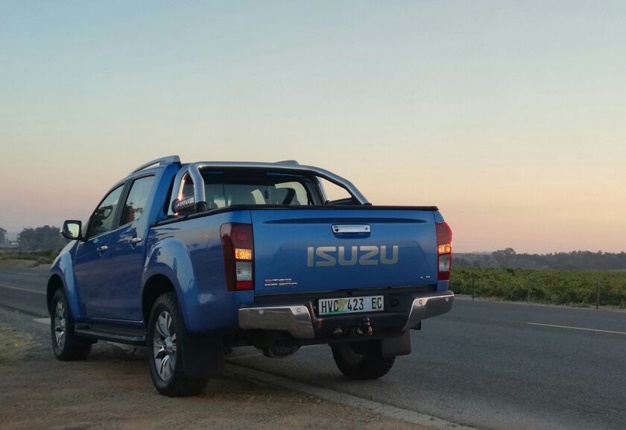
Cape Town - Low growth, rampant state expenditure and credit downgrades have delivered South Africa into a technical recession.
New vehicle sales are an excellent barometer of economic activity, with strong private automotive purchasing indicative of consumer confidence in medium term government policy and economic growth prospects.
Interestingly, bakkie sales are an even more acute measure of this as they are used in many workhorse functions that passenger cars are not. The buying-patterns pertaining to bakkies are therefore a much truer reflection of operational spending health in the agricultural, mining and construction industries.
SA's top-selling Bakkies: Ranger topples Hilux in June 2017
If we collate the numbers and attempt to chart the trends, what have bakkie sales revealed about the first half of 2017? Not what you’d assume, at all. The results are a startling reality which counters everything economists, financial advisors and the Rand’s trading bandwidth have been telling us about the health of our economy.
Bakkie and light commercial vehicles sales are up 20% from total January to June 2017, with the comparative numbers being 11486 versus 13784 for those months.
There are a few caveats, sure, but this trend is curiously positive in a market where passenger vehicles are down 29% when comparing January sales with those of June. That’s a rather stark assessment, isn’t it?
What could the possible reasons be for the local bakkie market outperforming passenger cars by such a monumental margin, if both segments are subject to similar economic conditions of enabling (credit allocation) in a market of parallel demand and distribution?
Image: Wheels24
Agriculture is outperforming everything
Despite the crippling drought conditions prevalent in the Western half of the country, South African agriculture reports record crops at a time when mining and manufacturing is dwindling.
It's a year of record crops all-round (maize, soya, citrus) and we're exporting maize for the first time in years. The SA Agricultural Machinery Association (SAAMA) - like NAAMSA - has reported a 16.8% year-on-year increase in tractor sales.
Farmers and companies appear to be converting the windfall into vehicles and those purchases are most likely to be bakkies; both commercial single-cabs and double-cabs, the latter bought as family vehicles.
Serving this demand has been a selection of new bakkie launches during the first half of 2017, most noticeably the Nissan Navara and VW Amarok. Although Ranger and Hilux continue to absolutely dominate the market, with sales beyond 3000 units each, it’s worth noting that both Ford and Toyota field vast model ranges in South Africa – covering every eventuality, from rudimentary single-cabs to luxurious double-cabs.
Image: Wheels24
In comparison Mazda, Mitsubishi and VW are now effectively double-cab only bakkie brands, with a consequently limited offering, which accounts for their minor market share. Triton and BT-50 sales are down from 64 to 40, and 45 to 33, measured as months of January and June. The explanation for these decreases are evidently simple: Navara. In January Nissan wasn’t retailing any Navaras, yet in the month of June they had sold 137 of these new double-cabs, siphoning off market share from Mitsubishi and Mazda.
The amicable divorce settlement
And Isuzu? How is the most focussed of South African bakkie brands doing in the wake of its divorce from GMSA? Rather well, if we look at the numbers.
Isuzu’s KB range is the only true competitor for Ranger and Hilux in terms of derivative spread, and sales for June were 1178, up from 772 in January. True, that’s only a third of what Ford and Toyota are doing in total but a 52% increase remains a terrific balance sheet entry none the less.
Image: Wheels24
The economy is in recession, new passenger vehicle sales are declining but the purchasing commitment for new bakkies remain undiminished. Supported by the fundamental reality of South Africa’s size and the necessity of reliable, rugged, light commercial transport - bakkies are unfailingly in demand for their workhorse characteristics.
Beyond the functional demand for single-cabs, there is another market force which cannot be ignored – and its influence on the passenger car market is clear. Some of the spend which would ordinarily have been destined for SUVs or D-segment cars are now being absorbed by the new range of more sophisticated, luxurious double-cab bakkies.
With double-cab bakkies having finally evolved to a standard of ergonomic sophistication and drivetrain refinement which makes them rather car-like inside and to drive, without any compromise to that hallowed 1t loadability, the bakkie’s aptness as a choice for South Africans who require a do-everything vehicle is unquestioned. Just look at the numbers.




 Publications
Publications
 Partners
Partners














